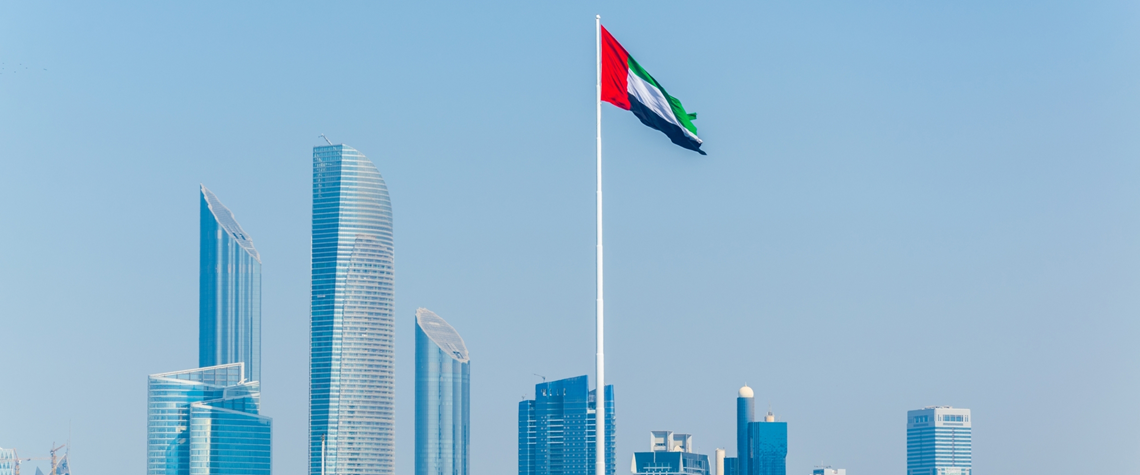UAE aims to balance its diversification books
The UAE's ambitious plans to sustain its petrodollars while evolving as a green pioneer will not come cheap. Is the capital available?
The UAE is attempting to craft a new energy identity for the first time since the discovery of oil in 1958. Its focus on gas and renewables is more in step with the global energy transition. But it is also keen to maximise oil production. The UAE Energy Strategy 2050 targets an energy mix of 44pc clean energy, 38pc gas, 12pc ‘clean’ coal and 6pc nuclear. Simultaneously, the national oil company (NOC) Adnoc plans to increase oil production capacity from 3.5mn bl/d at the end of this year to 4mn bl/d by the end of 2020 and 5mn bl/d by 2030—14pc and 43pc rises respectively. The UAE government has allocated over $163bn by 2050 to meet growing energy demand. Private sector funds are also integr

Also in this section
19 February 2026
US LNG exporter Cheniere Energy has grown its business rapidly since exporting its first cargo a decade ago. But Chief Commercial Officer Anatol Feygin tells Petroleum Economist that, as in the past, the company’s future expansion plans are anchored by high levels of contracted offtake, supporting predictable returns on investment
19 February 2026
Growth in LNG supply will surpass the rise in demand in 2026 for the first time in years, according to Mike Fulwood, senior research fellow at the OIES, but lower prices are likely to encourage fuel switching and could create more demand on a permanent basis
19 February 2026
Awais Ali Butt, manager for sales and business development at Pakistan LNG Ltd, discusses LNG’s role in energy security across developing, price-sensitive economies, as well as examining trade-offs between buying strategies and the impact of lower prices and policy on import behaviour
19 February 2026
LNG’s technical maturity, availability and price, as well as regulation, have driven its rapid adoption as a marine fuel, yet its future in shipping will depend on transition policies and progress in cutting methane emissions and scaling bio- and synthetic LNG, according to Carlos Guerrero at Bureau Veritas







